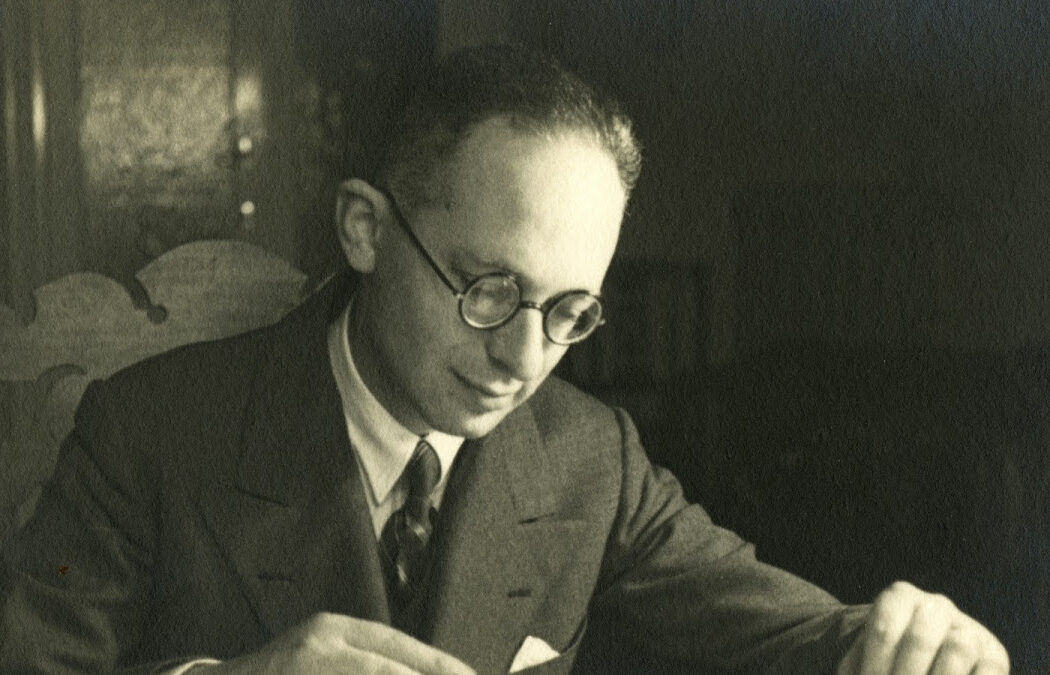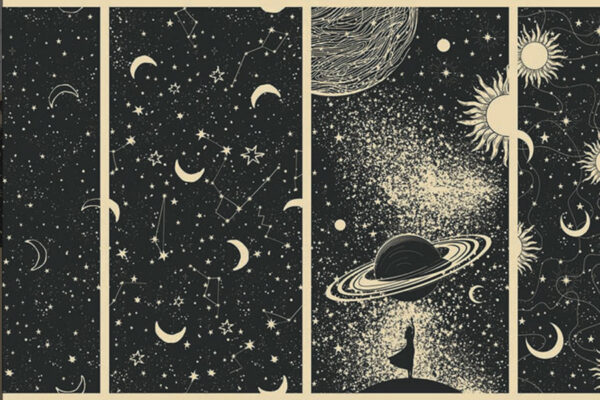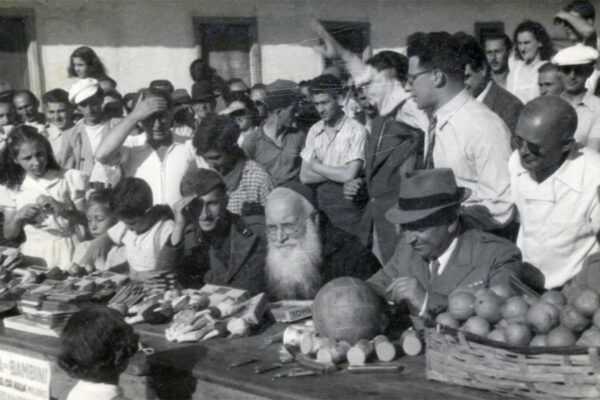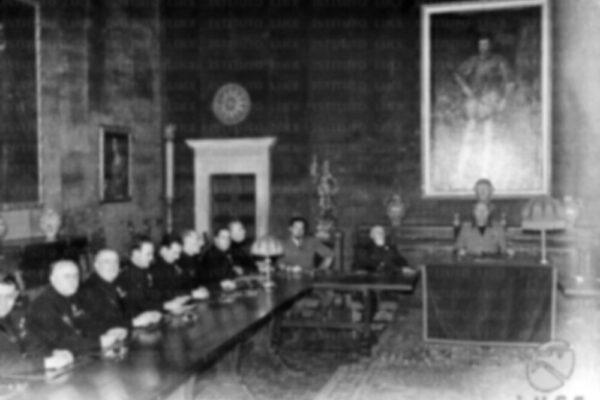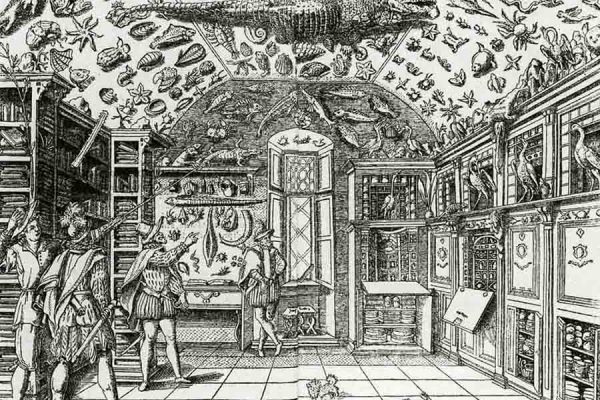Mario Castelnuovo-Tedesco. Ringrazio il cielo di essere qui Lettere a Alberto Carocci da Larchmont e Beverly Hills 1939/41. Alessandro Panajia, Ed. Le Sillabe, Florence, 2021
In July 1939, Mario and Clara Castelnuovo-Tedesco left Trieste on a transatlantic ship directed to New York with their two sons, Pietro and Lorenzo. Officially, this was supposed to be a round-trip concert tour, while in reality, the family was discreetly emigrating to America due to Italy’s recently adopted racial laws. Thus Mario-Castelnuovo and his family joined the small yet significant group of Italian-Jewish emigrants to the U.S. Over the years, Centro Primo Levi has dedicated much effort to researching and exposing the stories of the roughly 1800 Italian Jews that, like the Castelnuovo’s, escaped anti-Jewish and sleeked refuge in the U.S. (the ongoing projects Americordo, and Exile & Creativity can be found in this website).
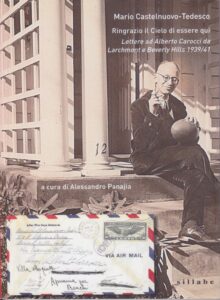 Mario Castelnuovo-Tedesco (Florence,1895 –Beverly Hills,1968) was an extremely talented and prolific Italian composer. He was one of the twentieth century’s foremost guitar composers and also wrote chamber music, operas, and concertos. After a brief period in Larchmont, New York, Castelnuovo- Tedesco moved to California, where he became a film composer for Metro-Goldwyn-Mayer, producing scores for about 200 films. In the U.S. he continued to compose for the concert halls and, among much else, wrote concertos for Jascha Heifetz and
Mario Castelnuovo-Tedesco (Florence,1895 –Beverly Hills,1968) was an extremely talented and prolific Italian composer. He was one of the twentieth century’s foremost guitar composers and also wrote chamber music, operas, and concertos. After a brief period in Larchmont, New York, Castelnuovo- Tedesco moved to California, where he became a film composer for Metro-Goldwyn-Mayer, producing scores for about 200 films. In the U.S. he continued to compose for the concert halls and, among much else, wrote concertos for Jascha Heifetz and
This slim volume of letters between Castelnuovo-Tedesco and his friend Alberto Carocci, a lawyer, novelist, and poet best known as the founder of the literary journal Solaria, is a welcome addition to the bibliography on the composer. It brings the reader back to an era where epistolary correspondence was vital to maintain personal contacts and often a laboratory for ideas.
The previously unpublished letters, written with urgency and passion between the summer of 1939 and the autumn of 1941, attest to a lively intellectual friendship and to Castelnuovo’s deeply felt need to relate his “American adventure” as well as his desire to follow, through Carocci, what was happening culturally and politically in Italy. The first letters from Larchmont vividly describe the mixture of excitement and grave difficulties recent immigrants faced. And their perceptions of America as a new “Promised Land.”
This correspondence between two talented writers offers insightful glimpses into the composer’s character, his first impressions of the United States and its cultural life, his love and nostalgia for Italy, and his anxieties for the unfolding political and military events. In her preface Laura Corti quotes a letter by Albero Caroccito Leone Ginzburg, stressing the value of well-written letters:” You are a magnificent writer of letters, which is as good as saying that you are a highly “civilized” being, which is all the more impressive, in times as unfavorable as ours for correspondence; unfavorable mainly due to lack of civility.”
The book is enriched by a selection of photos, drawings, and paintings from the time and the transcript of a radio interview to Castelnuovo-Tedesco by Lisa Sergio for WQXR radio in December 1939.


